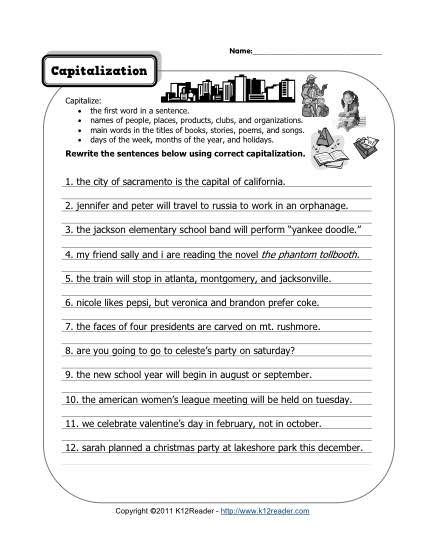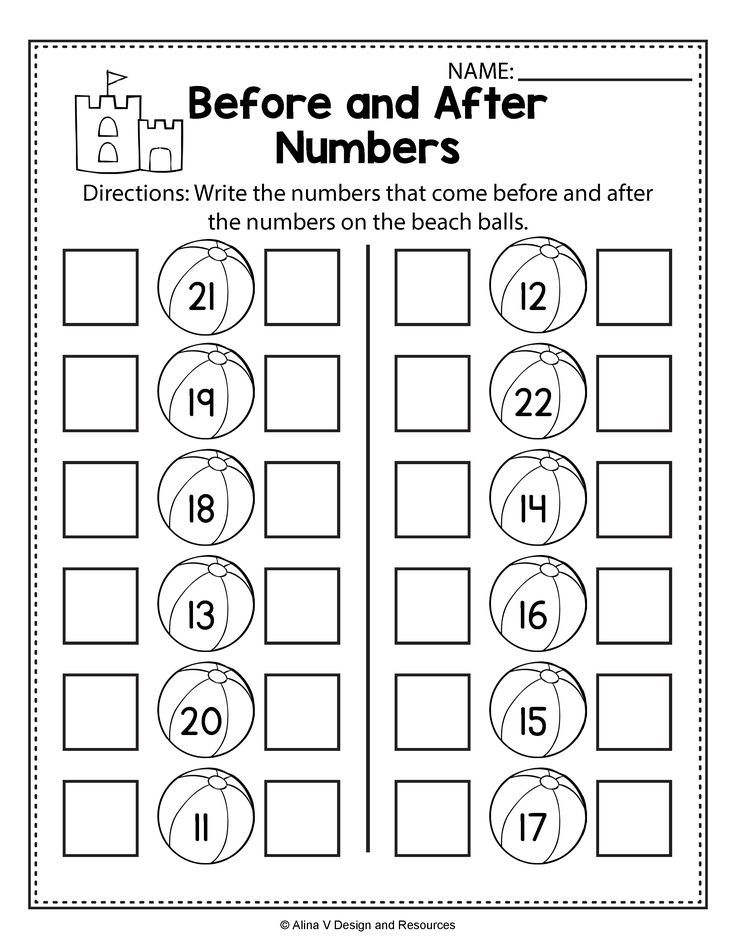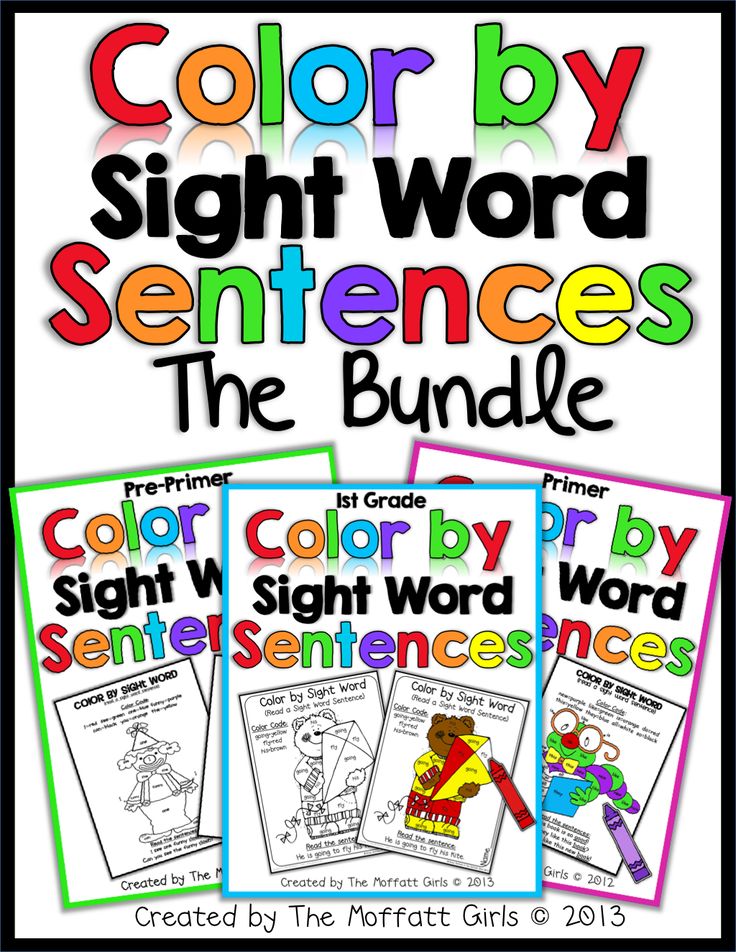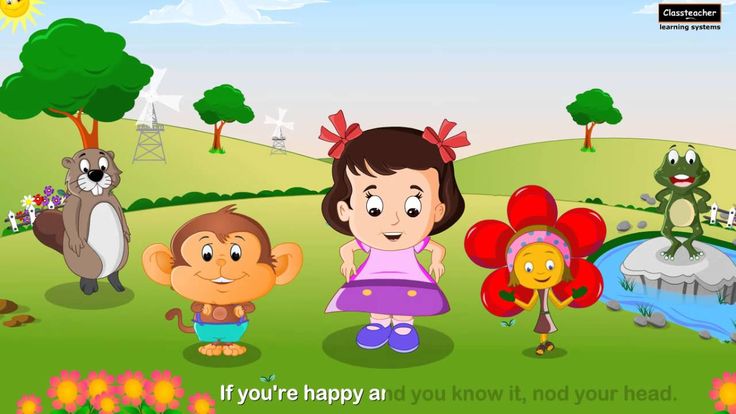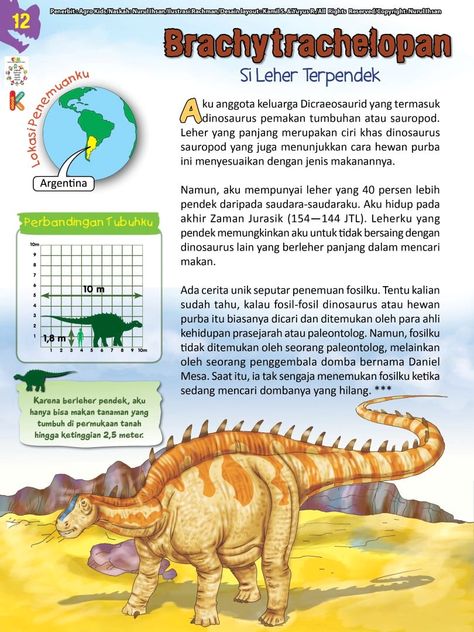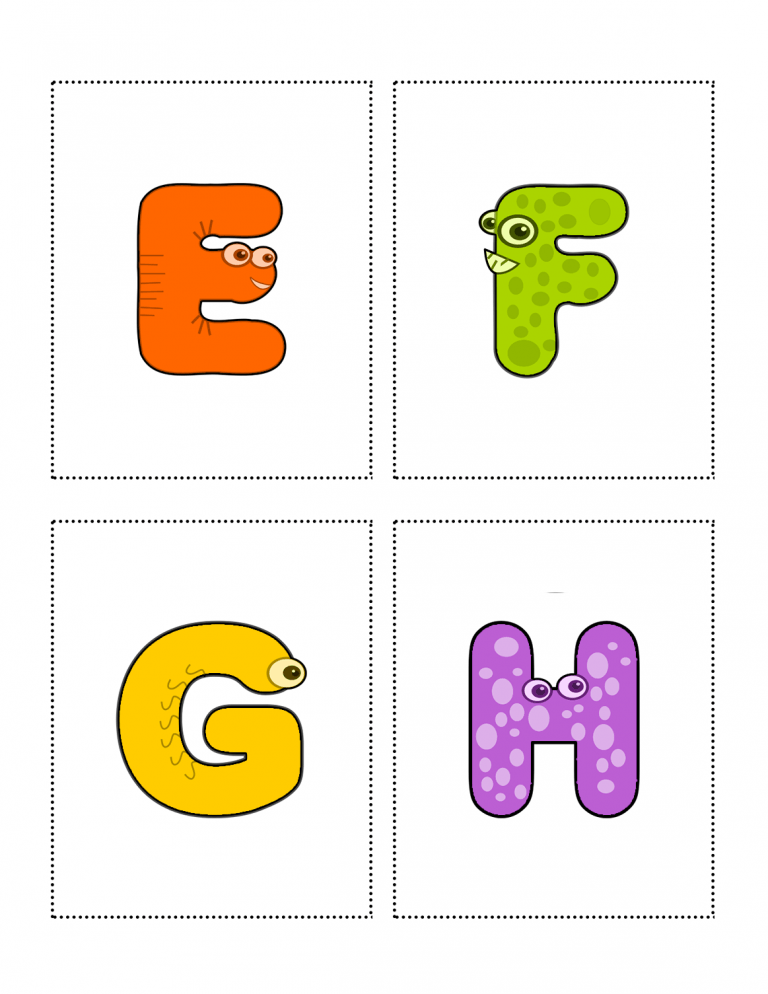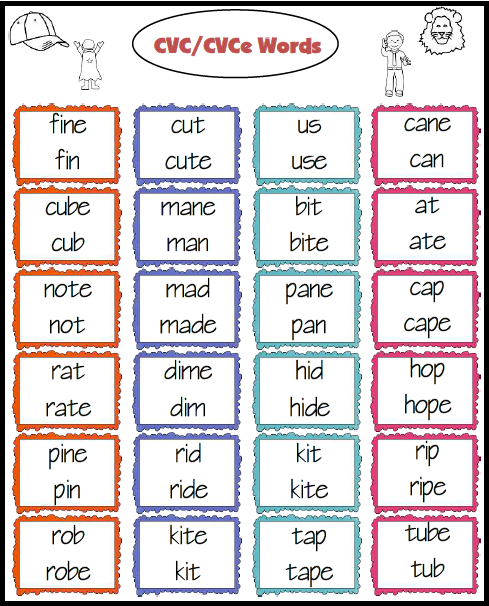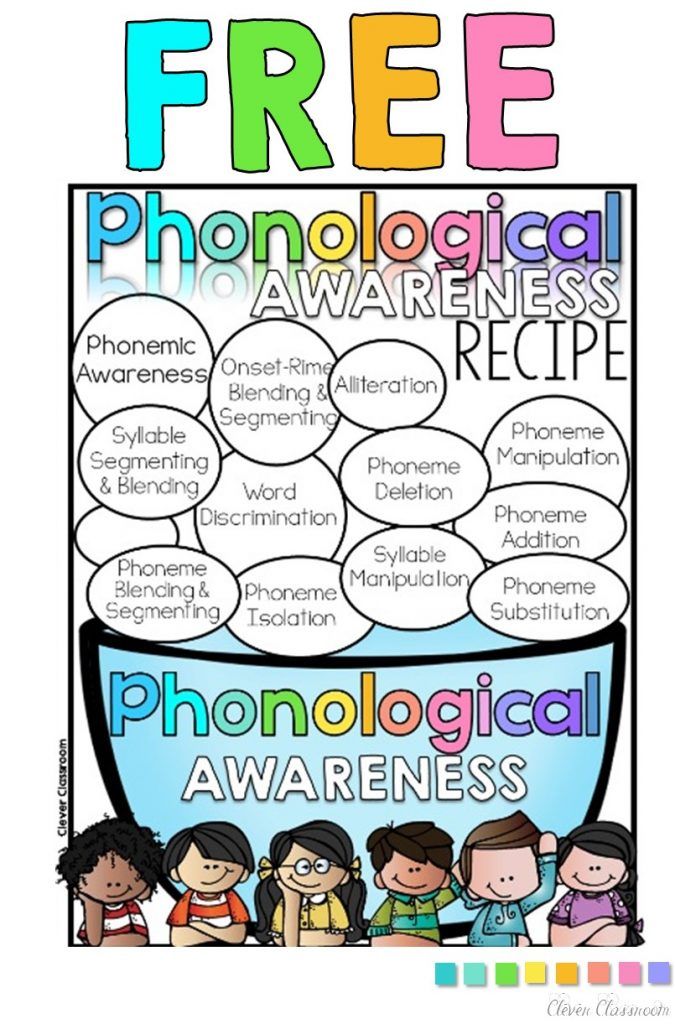Four word sentences
English sentence-bank: 4-word sentences (355)
2014.07.29. 02:33 aforizmágus
- I went to the store.
- I have a car.
- Please give me that.
- It was for you.
- She is with him
- She can use that.
- It is in the car.
- We made it together.
- They will help us.
- I like the other.
- The cat went out.
- She has many children.
- I will go then.
- It is up to them.
- I am at school.
- When will they come?
- Where are you from?
- I will think about it.
- I came by bus.
- I had a sandwich.
- I know many words.
- What did you do?
- I ate it all.
- We were with them.
- We are all going.
- When will you arrive?
- It is your turn.
- They can use that.
- It was an orange.
- It belongs to them.
- Did you buy these?
- She likes the other.
- They ate some pie.
- It is their house.
- It belongs to him.
- They have two children.
- Is there any more?
- Did you see them?
- I like chocolate cake.
- He could be right.
- Who called for me?
- Please go right now!
- Did you see them?
- Babies are very little.
- What number was that?
- How was your day?
- Have a nice day!
- I remembered your number.
- Is this your book?
- These belong to me.
- Rocks are very hard.
- She has three children.
- Does this happen often?
- I almost had it.
- Those are nice plants.
- I saw her yesterday.
- Can we work together?
- Just follow the pattern.
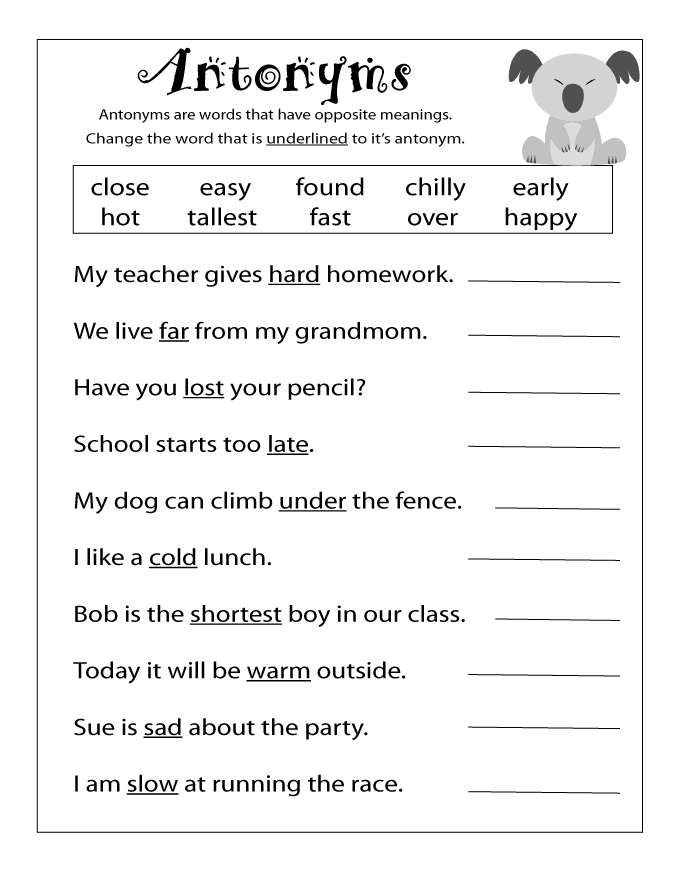
- What's the hold up?
- Yes, that is true.
- They went into space.
- I need some wood.
- These are my friends.
- His voice has changed.
- That was so easy.
- Please close the door.
- He is very short.
- That's a big mountain!
- She lives near me.
- Leave me alone please.
- Please turn the page.
- Are you done yet?
- I have ten dollars.
- You are finally here.
- Please do it carefully.
- He was behind me.
- The water is deep.
- He smiled at me.
- Can you please wait?
- He is very strong.
- I have green eyes.
- My car is broken.
- I feel very full.
- I am very tired.
- It is warm inside.
- Who else is coming?
- I have two ears.
- I will remain still.
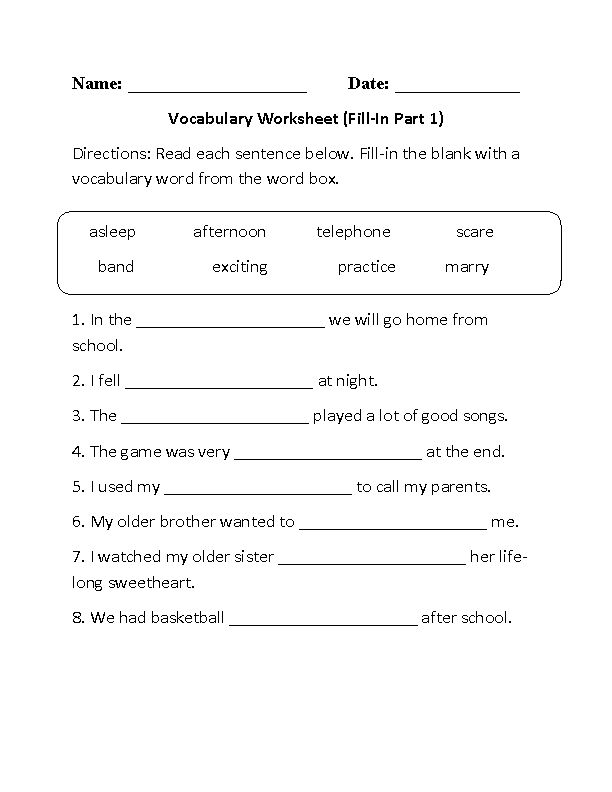
- He has a temperature.
- Are you fine today?
- He can't go today.
- I weigh 140 pounds.
- He is gone now.
- He will eat anything!
- We held a parade.
- I felt tired earlier.
- I divided the numbers.
- I love the summer.
- Did you believe her?
- She has wide feet.
- What does this represent?
- Are you finished yet?
- Shall we meet again?
- Do the clothes fit?
- What did you expect?
- That isn't my work.
- Stoves have many elements.
- This is private property.
- She is my wife.
- Knives are very sharp.
- We'll come back later.
- You look very pretty.
- Walk forward four steps.
- I like yellow apples.
- I like western movies.
- Is that seat taken?
- I'd rather go fishing.
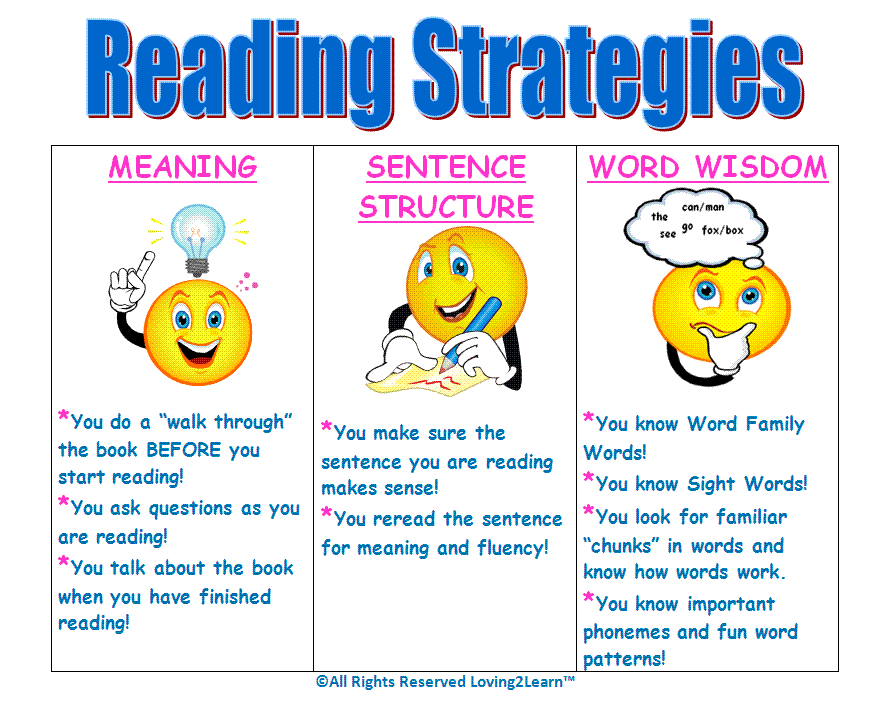
- She has three children.
- The food smells wonderful.
- Complete the exercise first.
- Please use the dictionary!
- Is this answer correct?
- Please start your engine.
- Please pay before entering!
- Someone broke my window!
- More people should exercise.
- Actually, you were right!
- Underline that word, please.
- I need a new hat.
- Everything happened so slowly.
- „How do you do?” - „How do you do?”
- What a beautiful picture!
- What a nice dress!
- It happens to everyone.
- We live at 724 Main Street.
- I told Mr Brown to come.
- This is a town.
- This is a book.
- What’s Mrs Harrison like?
- What colour is it?
- It’s black and white.
- He’s in the bathroon.
- What’s that? - This here?
- Where is it, then?
- Where? It isn’t here.
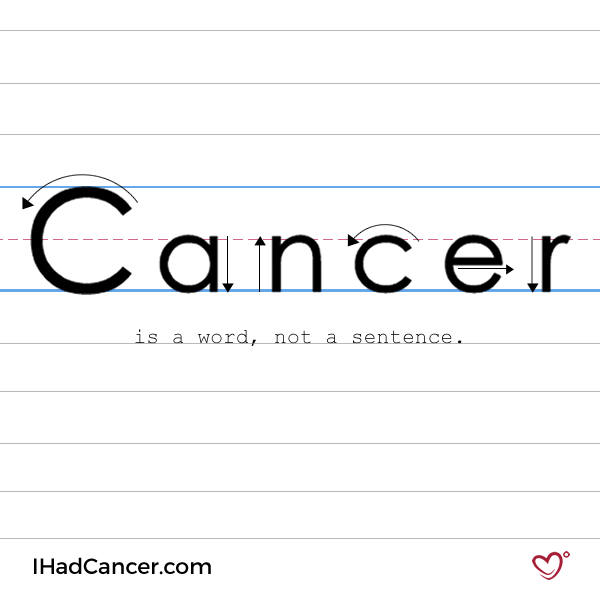
- Who’s that over there?
- Who’s that with Mary?
- Mary’s very pretty tonight.
- What have they got?
- Some bread, please, waiter.
- These potatoes are hot.
- Have some wine, Mary.
- Oh, Bob, there’s Andrew.
- John from the library.
- I’m very sorry but …
- You’re very sorry? Why?
- Where is his key?
- She is also deaf.
- Now for the ladder.
- Hi you! - What me?
- This is my house.
- Well, not mine really.
- Whose is this ladder?
- It’s not all right.
- What’s he thinking about?
- He’s thinking about Mary.
- She’s carrying a tray.
- What’s on the tray?
- What’s he dreaming about?
- He‘s dreaming about Mary.
- It isn’t raining now.
- It’s a beautiful day.
- I’m happy too, Mary.

- Good, switch it on.
- She isn’t coming back.
- Thank you, young man.
- Mummy, where am I?
- You’re wonderful too, Mary.
- Am I really wonderful?
- It is Friday morning.
- They are new books.
- He’s working, is he?
- That’s a nice change.
- What are you doing?
- He isn’t answering me.
- Is that book interesting?
- Can you hear me?
- You must get up.
- Where are Arthur’s socks?
- He cannot have breakfast.
- He is very late.
- You must go quickly.
- Go on now, quickly!
- I can’t find it.
- There you are, Bob.
- Now you can write.
- Look at the time!
- It’s five past ten.
- He’s an hour late.
- He’s late every day.
- It’s very late now.
- Can I help you?
- Is that you, Kate?
- I'm going there too.
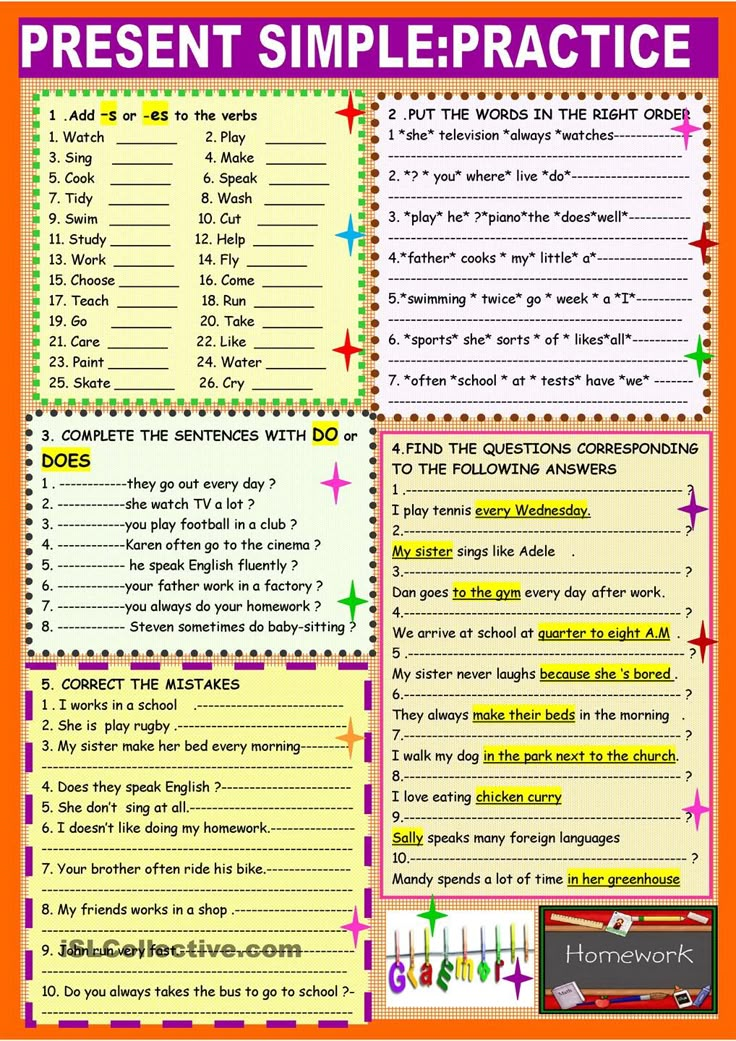
- Here’s your tea. Sugar?
- Can you hurry, please?
- Nice to see you.
- Open it and see.
- Excuse me a minute.
- Where’s my best friend?
- There’s nobody with him.
- Stand back, everybody, please!
- There’s nothing to see.
- It’s coming from Reading.
- Who has Arthur recognized?
- The party has finished.
- Jennifer is still up.
- All right. I’m going.
- What is it now?
- Sheila hasn’t returned yet.
- Just a minute, madam.
- I’ve nearly finished it.
- I say, Mary, look.
- Well, what's the time?
- We can sit outside.
- It's only ten o’clock.
- Yes, all right then.
- That’s a good idea.
- Arthur was the first.
- She looked very beautiful.
- Who’s going to row?
- It isn’t too far.
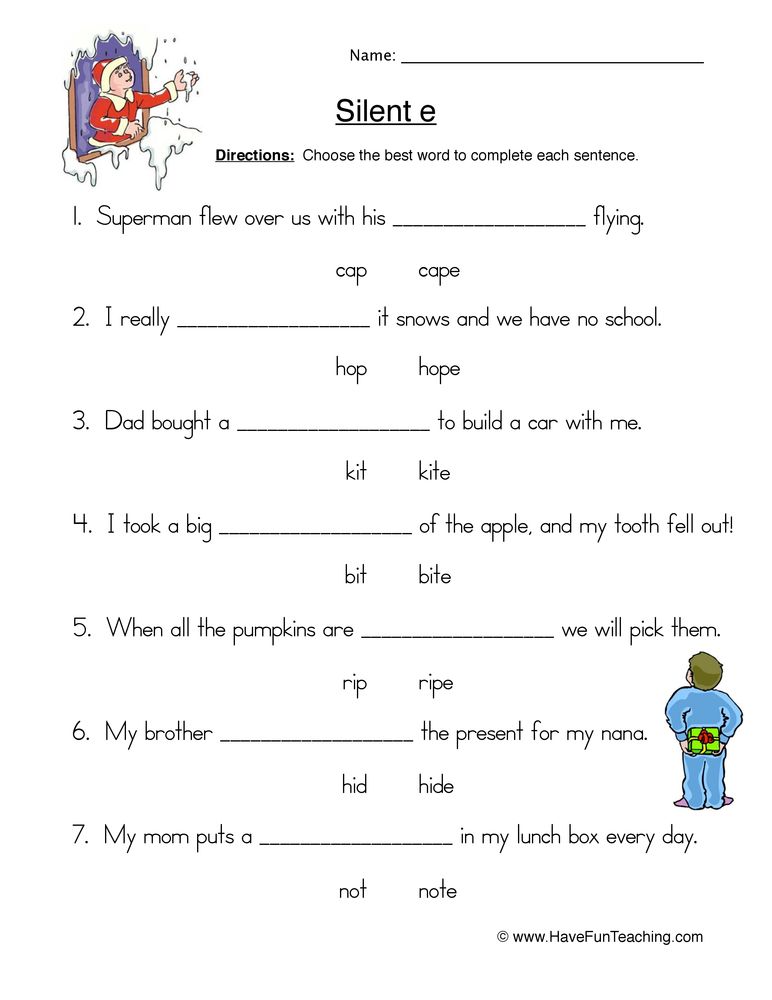
- No, I suppose not.
- Right, off we go.
- Would you like one?
- Have another sandwich, Arthur!
- Here, take my sweater.
- Who tied it up?
- What a good idea!
- Ah, that’s him now.
- What’s the clutch for?
- Now, start the car.
- Now for the gears.
- That’s the lever there.
- The paint looked new.
- The key’s in there.
- That’s another eighty-five pounds.
- How old is it?
- That’s a good idea.
- It goes all right.
- Oh well, never mind.
- There he met Sheila.
- Come on, you two.
- It’s by that pub.
- Let’s go straight on.
- It’s a lovely colour.
- We’ll soon there now.
- Thank God for that.
- Look, there’s the sea.
- Doesn’t it look lovely?
- Where shall I park?
- I mustn’t park here.
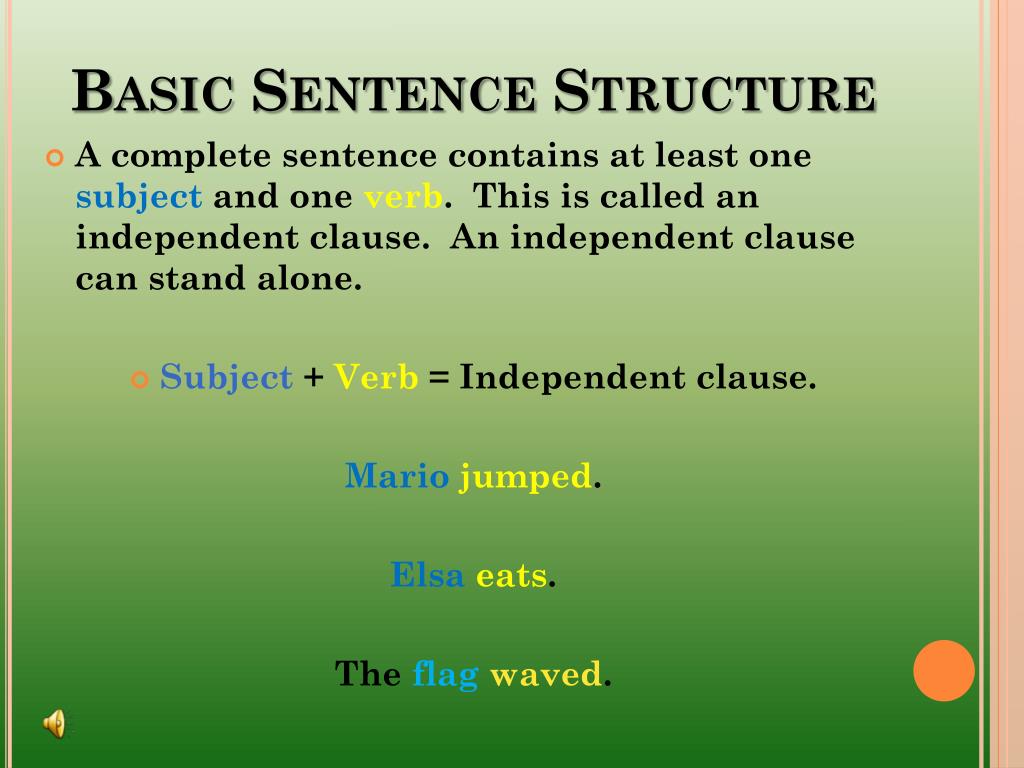
- It’s Sunday, you idiot!
- Yes, he’s the favourite.
- Aren’t the jockeys tiny?
- Of course he is.
- Arthur likes Darling Mary.
- Let’s go over there.
- Come on, Bright Thursday!
- Look at Darling Mary.
- She’s going faster now.
- She’s going to win.
- Now, they’re kicking off.
- Now I’ve got five!
- Turn that radio off.
- One more to go!
- Do you hear me?
- What did you say?
- I’ve won the pools.
- Are you completely mad?
- You’ll have to apologize.
- Oh, forget Mr Steele.
- Put your coat on.
- We’re going to celebrate.
- It’s the pools envelope.
- I have a camera.
- A child is here.
- Our country is nice.
- This is his daughter.
- This is my dictionary.
- It's an international newspaper.
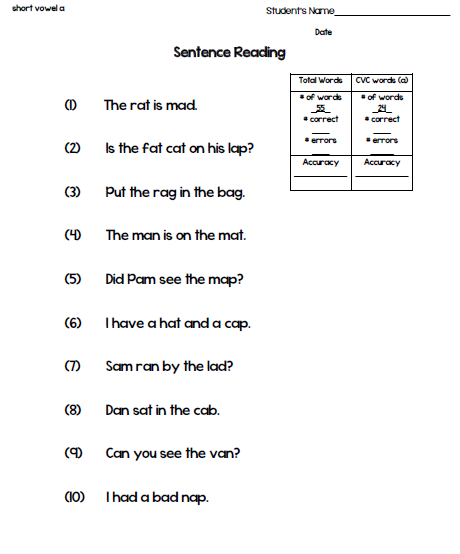
- I have two keys.
- I have two names.
- He's my sister's son.
- My wife is young.
- My work is nice.
- I write a letter.
- My father is fifty-two.
- My parents are lovely.
- I like roast chicken.
- This weather is horrible.
- I want beautiful weather.
- My car is expensive.
- Who’s your favourite actor?
- The baker makes bread.
- I’m thin but strong.
- What does it cost?
- I don’t like journalists.
- I love my boyfriend.
- Can you make tea?
- They mended my car.
- I met some nurses.
- Our pilot feels sick.
- I sell my ring.
- She’s a popular singer.
- Summer is here soon.
- Take off your coat.
- I am always tired.
- This machine is bad.
- Bring me some water!
- My bag is brown.
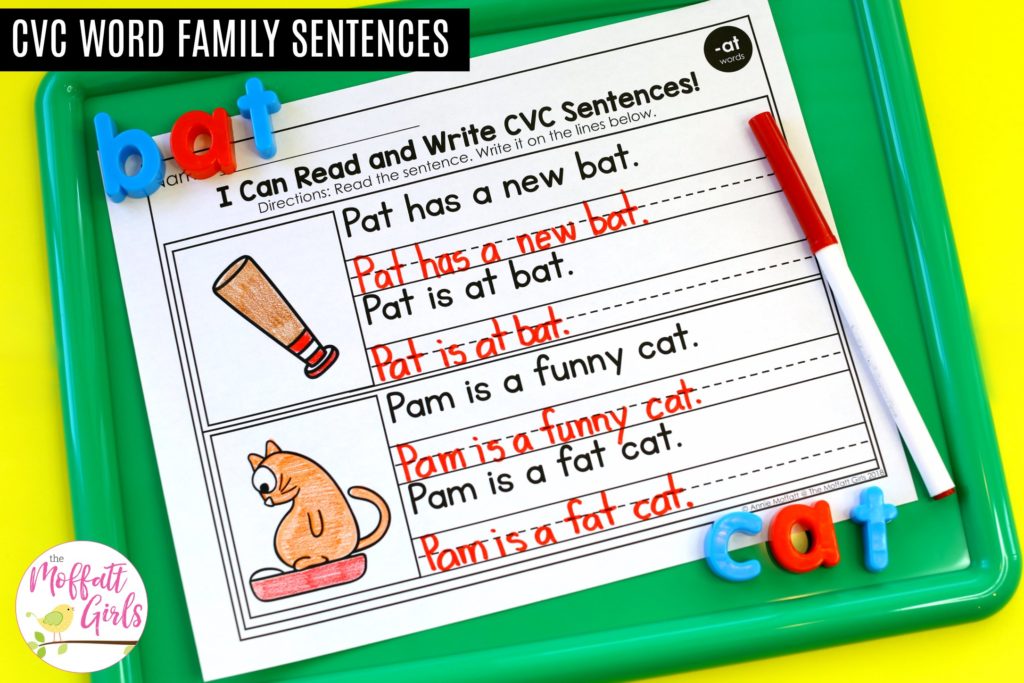
- Can you play cards?
- Can we chat now?
- I like bright colours.
- When do you dance?
- This story is exciting.
- I can’t catch fish.
- I can’t stay long.
- Do you like sunbathing?
- Can you play volleyball?
- Our living-room is big.
- I should sleep more.
- Our walls are thin.
- Her hair is black.
- That film was brilliant.
- Check the temperature outside.
- My opinion is different.
- Let's draw something here!
- When is our flight?
- When will we land?
- Use your safety-belt, please!
- This wasn't my year.
- Don’t be a baby!
- What will we buy?
- When did she die?
- When will you finish?
- Our holiday was great.
- They married in 2000.
- I never read novels.
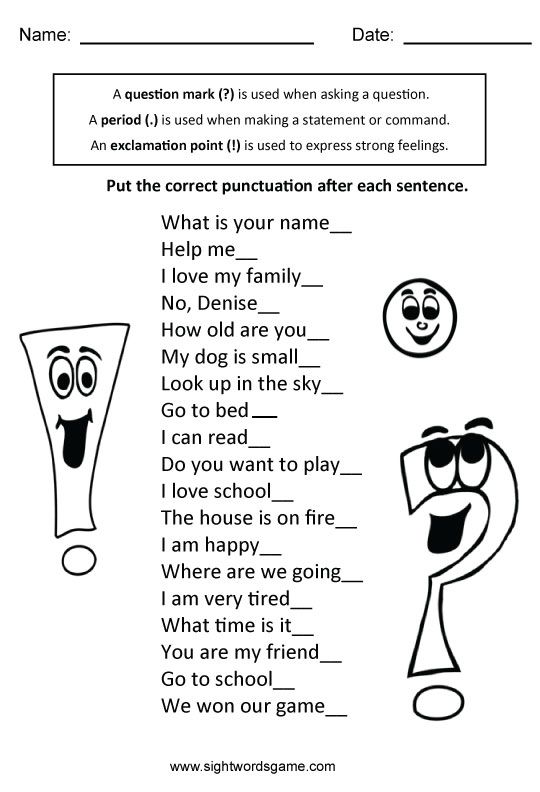
- I am over thirty.
- I am still here.
- Tomorrow I’ll be freer.
- The war has ended.
- Their wedding was nice.
- You can’t always win.
Címkék: fordítás angol angol tananyag példamondatok szókincsfejlesztés mondatbővítés
100 Best Four Word Phrases – Brainz
Words are powerful especially when chosen carefully. A simple, four word phrase when stated in the proper tone, can evoke far ranging emotions and deliver a powerful impact. Here are the 100 Best Four Word Phrases:
1. I love you so.
2. Thank you very much.
3. Oh no you didn’t.
4. I want you so.
5. Writing’s on the wall.
6. Put your dukes up.
7. Let your hair down.
8. From the horse’s mouth.
9. I miss you so.
10. Wet behind the ears.
11. Pig in a poke.
12. I need you so.
13. Paint the town red.
14. Skin of your teeth.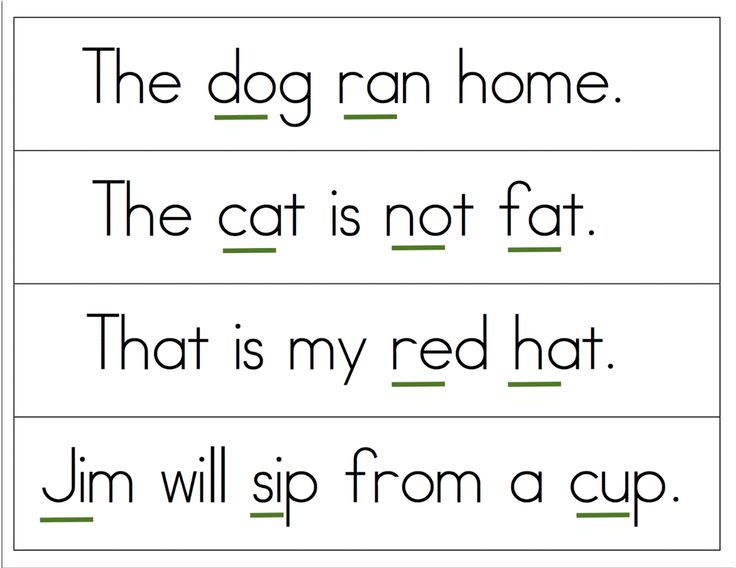
15. Get in the sack.
16. Raining cats and dogs.
17. I am a rock.
18. High on the hog.
19. A stiff upper lip.
20. Skeletons in the closet.
21. Clean as a whistle.
22. Throw in the towel.
23. Bats in the belfry.
24. Fit as a fiddle.
25. Pull in the horns.
26. Called on the carpet.
27. He’s no spring chicken.
28. Get the lead out.
29. Reveal your true colors.
30. Ride like the wind.
31. The whole nine yards.
32. One life, one chance.
33. The past is practice.
34. Absent without official leave.
35. Lock, stock, and barrel.
36. Hook, line, and sinker.
77. Beat around the bush.
38. Read between the lines.
39. To make ends meet.
40. Rub the wrong way.
41. Work the graveyard shift.
42. Dead as a doornail.
43. Nip in the bud.
44. My lips are sealed.
45. Bring home the bacon.
46. See, hear, touch, feel.
47.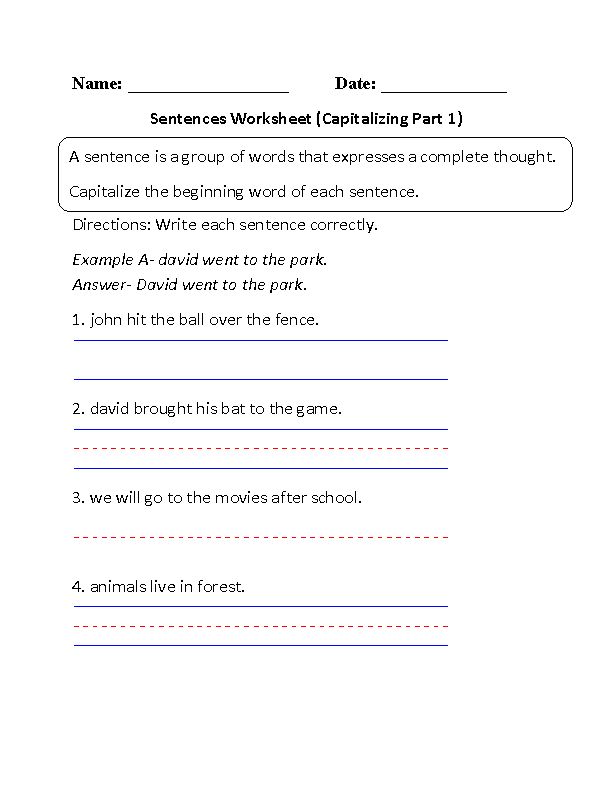 Good luck to you.
Good luck to you.
48. Go your own way.
49. Live, breathe, laugh, love.
50. Hearts beat the same.
51. It’s all about me.
52. To thyself be true.
53. I have a dream.
54. Thou shall not surrender.
55. What did you say?
56. Not on your life.
57. I think I can.
58. I only want now.
59. I want it all.
60. Peace, love, and understanding.
61. Don’t rock the boat.
62. Sleep is not mandatory.
63. Good guys always win.
64. Live for your word.
65. It’s all about you.
66. God is my shield.
67. I am not afraid.
68. It’s all in you.
69. I stand my ground.
70. One last drink, please.
71. Talk to the hand.
72. Shut up, big mouth.
73. I want to cry.
74. Son of a bitch.
75. Now leave me alone.
76. Go out and play.
77. Money can’t buy life.
78. Don’t worry, be happy.
79. Just go for it.
80. Make love not war.
81.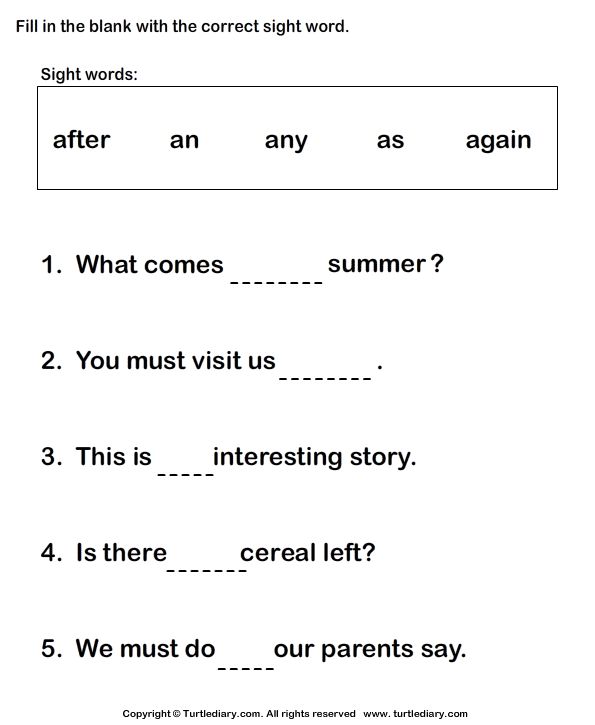 Just like a man.
Just like a man.
82. Just like a woman.
83. Work hard, play harder.
84. You are so beautiful.
85. Too legit to quit.
86. True love never dies.
87. Nice guys finish last.
88. God as my witness.
89. For old time’s sake.
90. Just this one time.
91. Don’t talk just kiss.
92. Take off your clothes.
93. Don’t drink and drive.
94. A moment like this.
95. Be a good girl.
96. If you want me.
97. Don’t fall in love.
98. Always wear a condom.
99. Lets just be friends.
100. Tomorrow is another day.
Simple sentences in English
WAR
All dictatorships create external enemies and repression to sit on the throne forever.
If you can't tell the truth from a clever lie, then think about laws, about freedom of speech, how often and where power has changed.
CNN News BBC News Telegram Wikipedia
Sentence – is a separate statement with intonational and semantic completeness.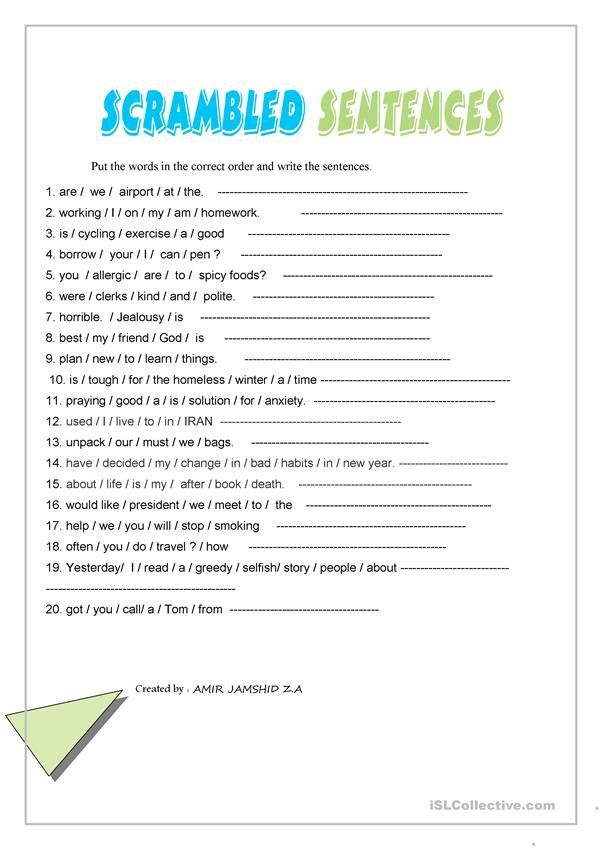 A sentence is a word or group of words, organized according to the rules of grammar, that carries a specific message, question, exclamation, or call to action.
A sentence is a word or group of words, organized according to the rules of grammar, that carries a specific message, question, exclamation, or call to action.
- It's raining. - It's raining.
- Go outside! - Get outside!
- What are you doing? - What are you doing?
Sentences of the English language, as in Russian, depending on how many grammatical bases (combinations of subject and predicate) in the sentence, are divided into simple and complex sentences.
- Simple sentences
- There is my house. - This is my home.
- I have to go to the university. - I have to go to the university.
- Complex sentences
- There is the house where my family lives. This is the house where my family lives.
- I have to go to the university now but I will come back soon.
 I have to go to the university now, but I will be back soon.
I have to go to the university now, but I will be back soon.
Simple sentence (a simple sentence) is a sentence in which there is only one grammatical basis (one combination of subject and predicate).
- Kate likes dogs. Kate loves dogs.
- We go jogging every Sunday. We go jogging every Sunday.
- They didn't go to school last year. They didn't go to school last year.
Simple sentences for the purpose of saying
All simple sentences , depending on the purpose of the statement, can be narrative , interrogative , imperative , exclamatory .
Narrative sentences
Declarative sentence (declarative sentence) - a sentence that communicates a certain fact or information in affirmative or negative form .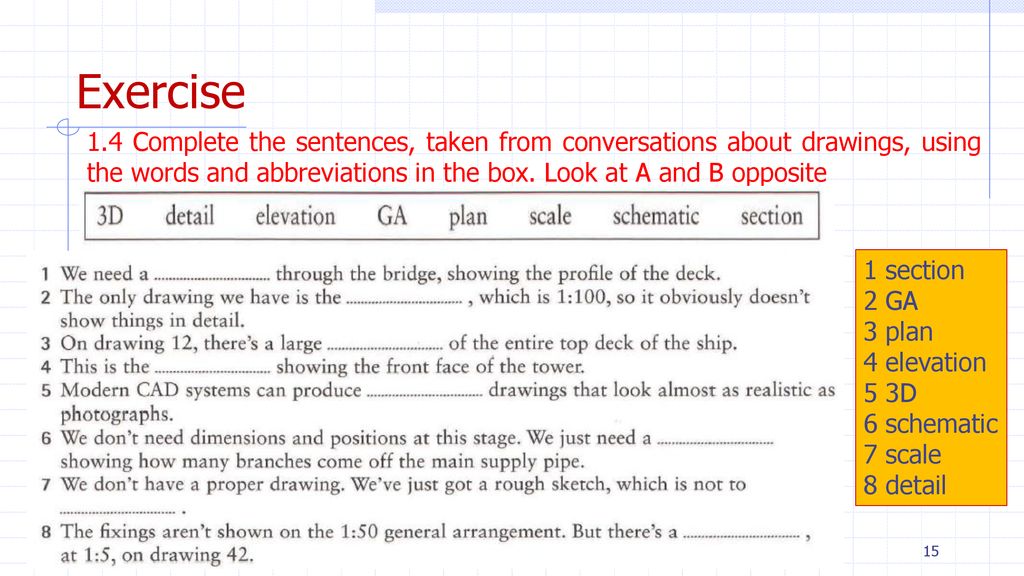 The intonation of such a sentence is mainly descending, direct word order is used (subject before the predicate).
The intonation of such a sentence is mainly descending, direct word order is used (subject before the predicate).
- My name is Paul. - My name is Paul.
- Kate is good at cooking. Kate cooks well.
- I don't like honey. - I don't like honey.
- George hasn't finished his work yet. George has not finished his work yet.
In English, as a rule, there can be only one negation in the sentence , in contrast to the Russian language, where there can be a double negation (the use of particles together not, neither, and negative pronouns, adverbs, etc.) .
- I know nothing. - I do not know anything.
- I don't know anything. - I do not know anything.
- We met no one yesterday. We didn't meet anyone yesterday.
- We didn't meet anyone yesterday. We didn't meet anyone yesterday.

The double negative in English can be used to further strengthen the negative, but this is not common.
- I ain't got no money. - I don't have any money.
- We don't need no education, we don't need no thought control. “We don't need any education, we don't need any thought control.
Interrogative sentences
Interrogative sentence (interrogative sentence) - a sentence that expresses a question. They are formed using indirect word order (predicate before the subject), as well as interrogative words. Interrogative sentences are discussed in detail in the article types of questions.
- Who is there? - Who's there?
- What are you doing now? - What are you doing now?
- Do you like learning English? – Do you like learning English?
Imperative sentences
Imperative sentence (imperative sentence) - a sentence that encourages the interlocutor to act, that is, it expresses an order, request, command, invitation, etc.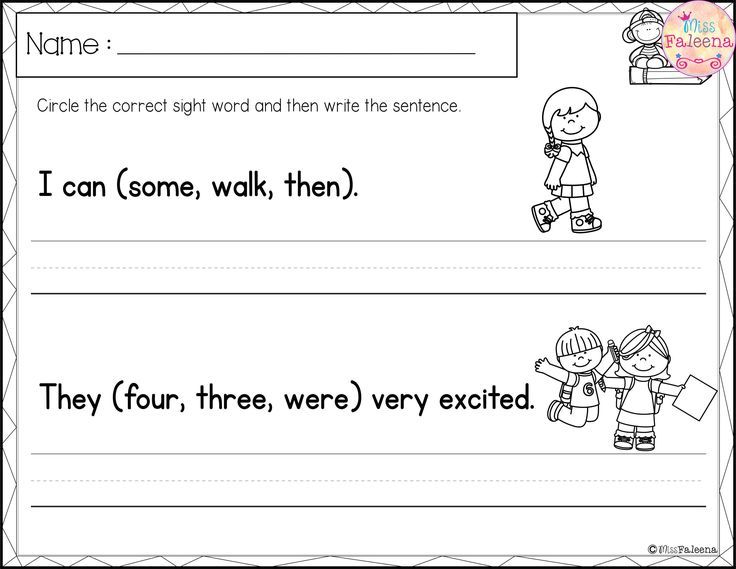 Such sentences often omit the subject you (you, you), as it is clear from the context, the verb is used only in the infinitive form without the particle to .
Such sentences often omit the subject you (you, you), as it is clear from the context, the verb is used only in the infinitive form without the particle to .
- Watch this! – Look at this!
- Listen to me. - Listen to me.
- Go and buy some bread, please. - Go buy some bread, please.
Sometimes in imperative sentences the pronoun you is not omitted in order to emphasize emotionally and strengthen an order or command.
- You sleep now. - You're going to bed now.
- We will rest and you drive. We will rest and you will drive the car.
- I will go to the shop and you stay at home. - I'm going to the store, and you stay at home.
In order to form a negative imperative sentence (prohibition or request), the auxiliary verb do is always used in the negative form, even with the verb to be .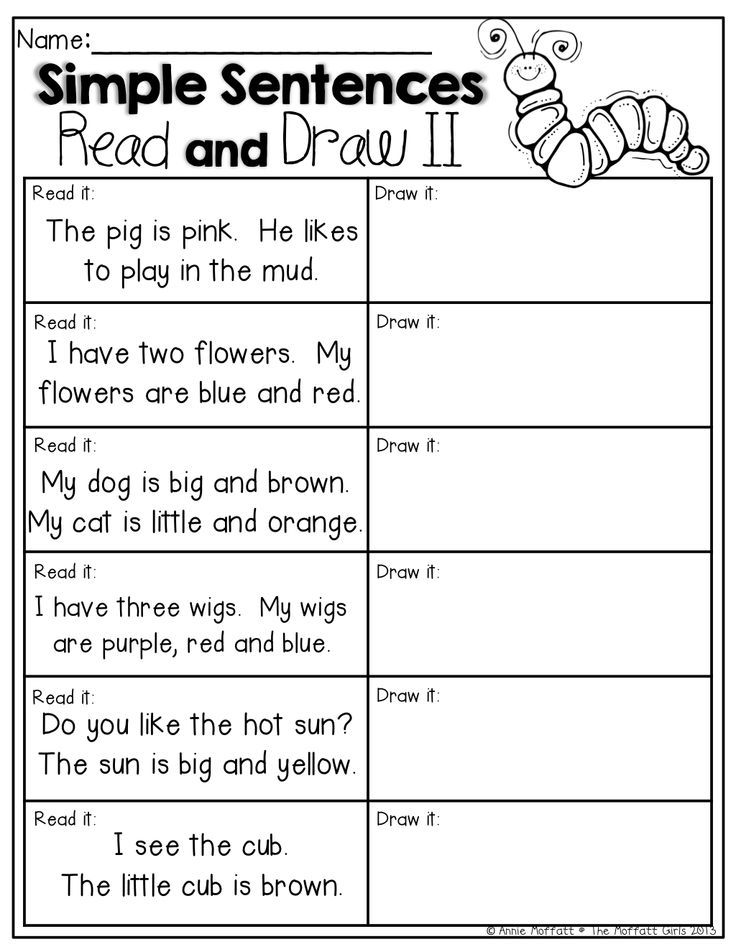
- Don't give me orders! - Don't order me!
- Don't touch it, please. - Don't touch it, please.
- Don't be so silly! - Don't be so stupid!
- Oh, come on, don't be mad. “Oh come on, don’t be mad.
The verb to let (to allow) is used to form an order, command directed at third parties. To let is also used to offer help or ask for permission.
- Let her go. - Let her go. (Let her go.)
- Let him do whatever he wants. Let him do whatever he wants.
- Let the children play with our dog. Let the children play with our dog.
- Let me help you. - Let me help you.
- Let us do this. - Let us do it.
Form let's (short for let us ) is used to suggest a joint action. In this sense, the full form let us is practically not used.
- Let's go for a walk! - Let's go for a walk!
- Let's play football outside. Let's play football outside.
- Let's invite Paul and Janice to the party. Let's invite Paul and Janice to the party.
Exclamatory sentences
Exclamatory sentence (exclamatory sentence) - a sentence expressing certain emotions or feelings. Often such sentences begin with the words what and how and end with the exclamation point .
In exclamatory sentences only direct word order is used. However, often a sentence can only consist of one or two words.
- Marvelous! - Wonderful! (also with a hint of sarcasm)
- How wonderful! - How wonderful!
- It's such a beautiful life! - What a beautiful life!
- What a lovely day it is. - What a wonderful day today.

Types of simple sentences according to the structure
Simple sentences according to their structure (presence or absence of some members of the sentence) are divided into two-part and single-member , as well as on non-common and common .
Two-part sentence
Two-member sentence (two-member sentence) - a sentence in which there are both main members of the sentence (subject and predicate), or one of them is omitted, as it is clear from the context or the previous sentence.
- I don't like this book. - I don't like this book.
- We had a lot of fun in Brazil! Swimming in the ocean, drinking cocktails, dancing. We had a lot of fun in Brazil! We swam in the ocean, drank cocktails, danced.
Two-part sentences , in turn, are divided into complete and incomplete.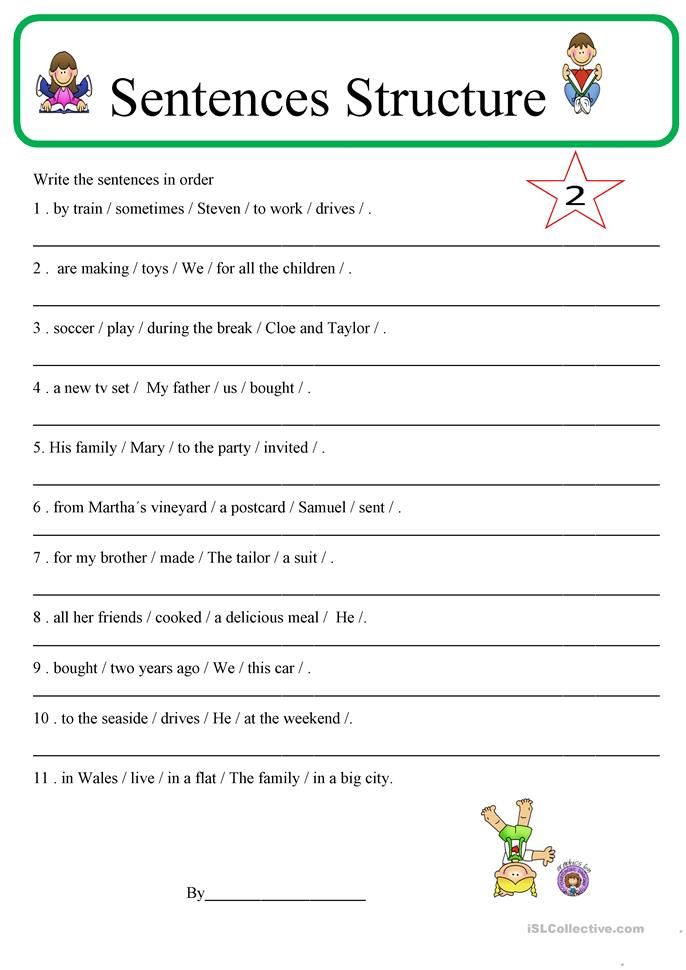 Complete sentence (complete sentence) - a two-part sentence in which there is both a subject and a predicate.
Complete sentence (complete sentence) - a two-part sentence in which there is both a subject and a predicate.
- The baby was smiling to us. The child smiled at us.
- We've bought a lot of candies for you. We bought you a lot of sweets.
- There was a big party at Caroline's place. Caroline had a big party.
Incomplete sentence Such sentences are often found in colloquial speech, dialogues.
- Who did that? Mark, of course. - Who did it? Of course Mark.
- What did he do? Nothing at all! - What did he do? Nothing at all!
- What were we doing? Just chilling and talking. – What did we do? They just relaxed and talked.
One-part proposal
One-member sentence (one-member sentence) - a special type of sentence in which there is only one main member of the sentence, and it cannot be unambiguously defined as a noun or a predicate.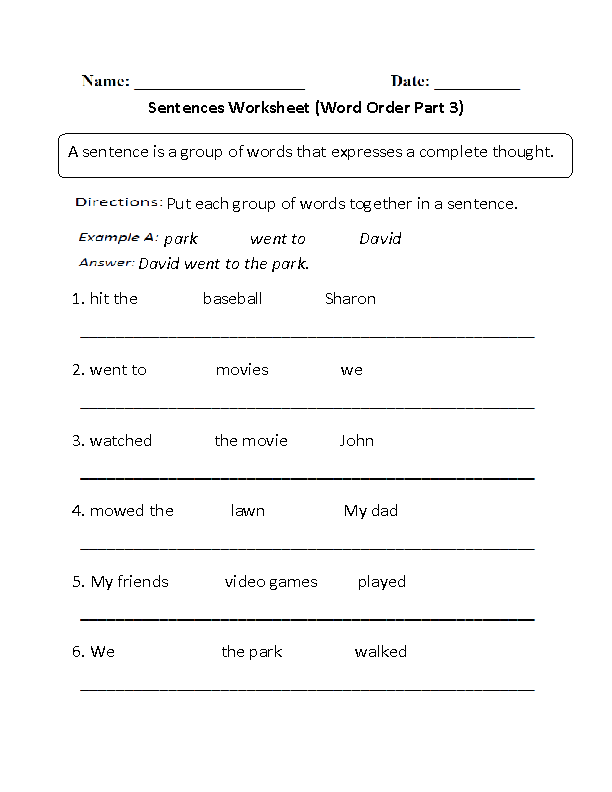 Sometimes such sentences are called sentence-phrases .
Sometimes such sentences are called sentence-phrases .
One-part sentences can be expressed using a noun or an infinitive of a verb.
- To be or not to be? - To be or not to be?
- To stay here – alone, forgotten by everyone. – To stay here – alone, forgotten by everyone.
- Spring! Birds singing, the sun shining, flowers in blossom. - Spring! The birds are singing, the sun is shining, the flowers are blooming.
Uncommon and common offerings
Unextended sentence (non-extended sentence) - a sentence in which there are no secondary members of the sentence, but there is only grammatical basis . Uncommon can be both one-part and two-part sentences.
- Spring. - Spring.
- To live! - Live!
- Don't talk! - Do not talk!
- She is sleeping. - She is sleeping.
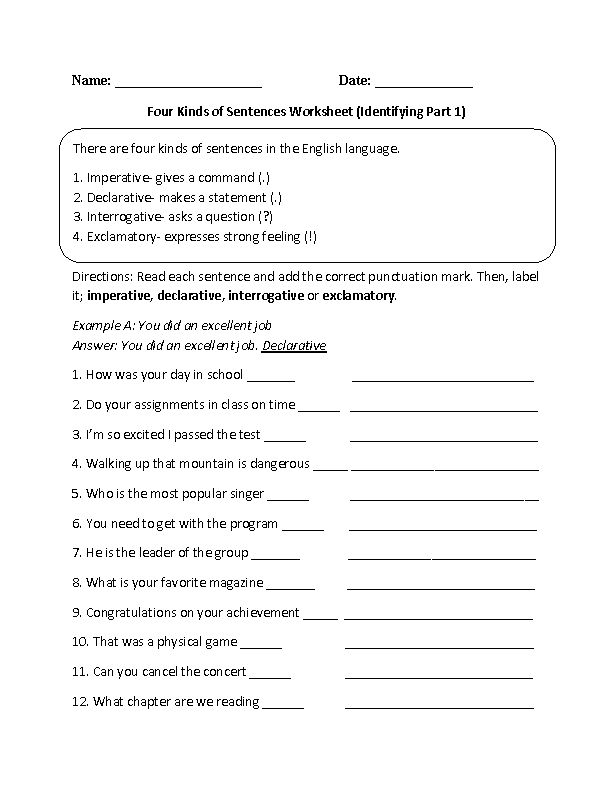
- Matt is a student. Matt is a student.
Extended sentence (common sentence) - a sentence in which there are one or more minor members of the sentence depending on the subject or predicate.
- Beautiful spring! - Beautiful spring!
- Don't talk to me now! - Don't talk to me now!
- My little sister is sleeping upstairs. My little sister sleeps upstairs.
- Matt is not really a good student. Matt is not a very good student.
is ... in Russian (definition)
Let's find out what a sentence is in Russian. With the concept "offer" students are introduced in the 1st grade. In grades 2 and 3, the initial knowledge of the proposal expands and deepens. Students will learn what sentences are according to the purpose of the utterance and the strength of the expressed feeling, which members of the sentence are main and secondary.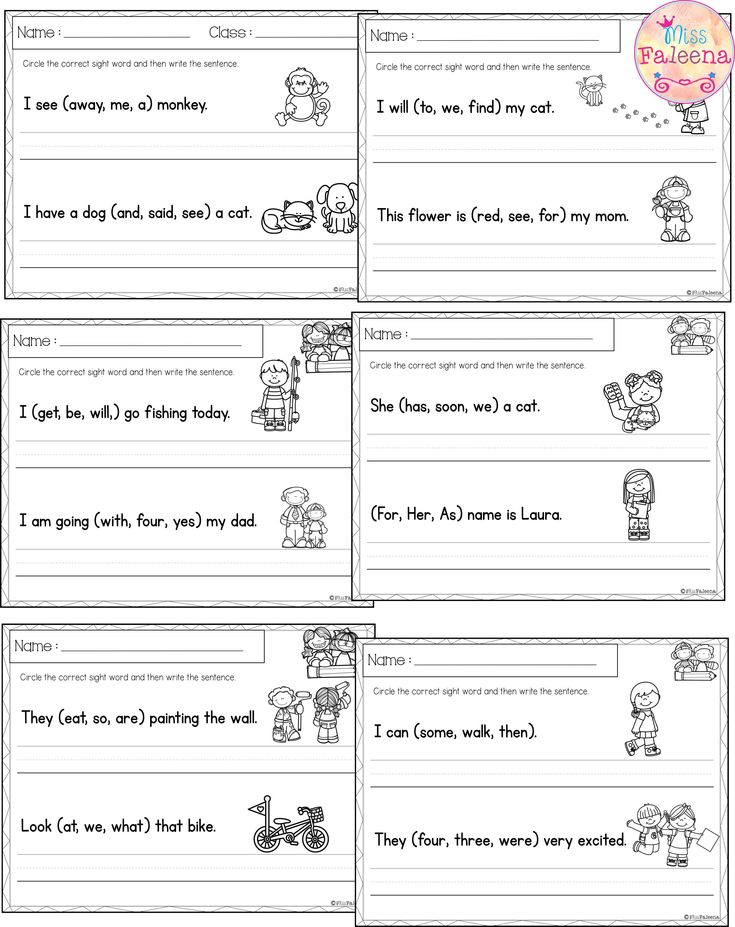
How do words form a sentence?
Our speech consists of words. In Grade 1, students will learn that certain words name objects. Words denoting living beings answer the question who? Let's ask the question to inanimate objects what?
- (who?) student, cat;
- (what?) sun, rain.
Other words indicate the action of objects and answer questions what does it do? what will he do?
The student (what is he doing?) is writing.
The cat (what will it do?) will catch the mouse.
The sun (what is it doing?) is shining.
The rain (what will it do?) will end soon.
These words do not just name objects and their actions, but, being nearby, form a message from which you can find out what is happening with this or that object. This means that the words in the sentence are related in meaning.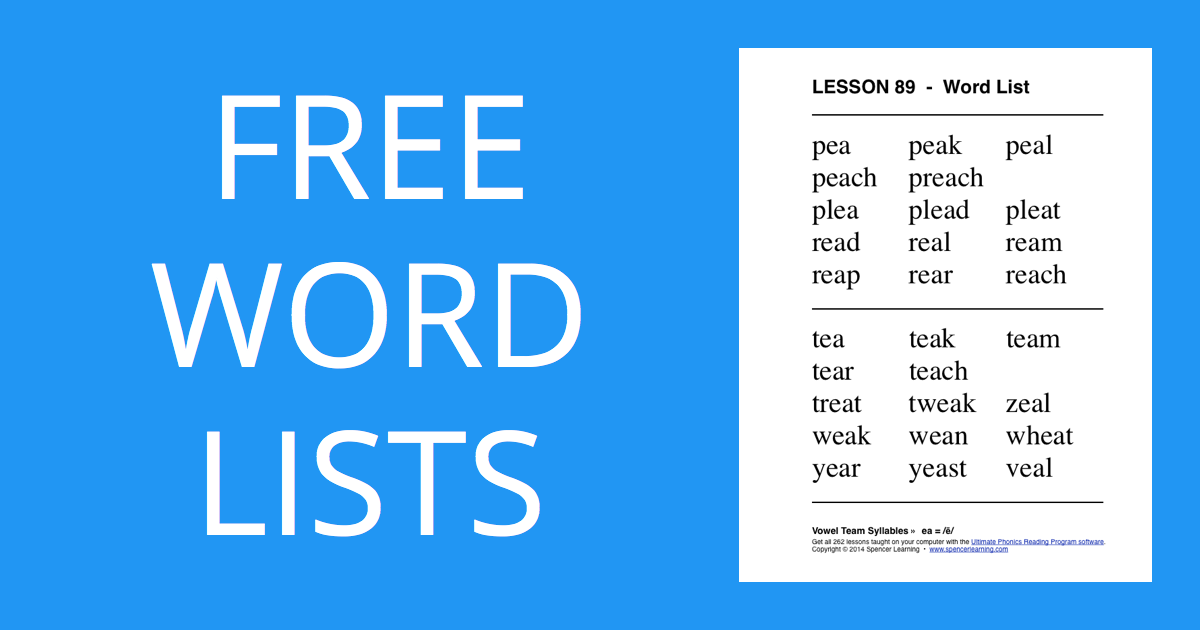 These words are in a certain order and organize a coherent statement in content, which is called a sentence.
These words are in a certain order and organize a coherent statement in content, which is called a sentence.
Definition
Sentence is one or more words that express a complete thought.
The first word in a sentence is always capitalized. A period is placed at the end of the sentence.
The wind is blowing. The bird sits on a branch. The sparrow chirps.
What are the offers?
Proposals differ from each other not only in their content, but in what they say. With the help of sentences, we express our thoughts and feelings, address each other with questions, requests and wishes. Each sentence communicates something with a specific purpose. The purpose of the message indicates why, why it is pronounced, with what intonation, with an increase or decrease in voice.
Declarative sentence
If a sentence without expressing special feelings only communicates some information about someone or about events and phenomena that actually occur, it is narrative.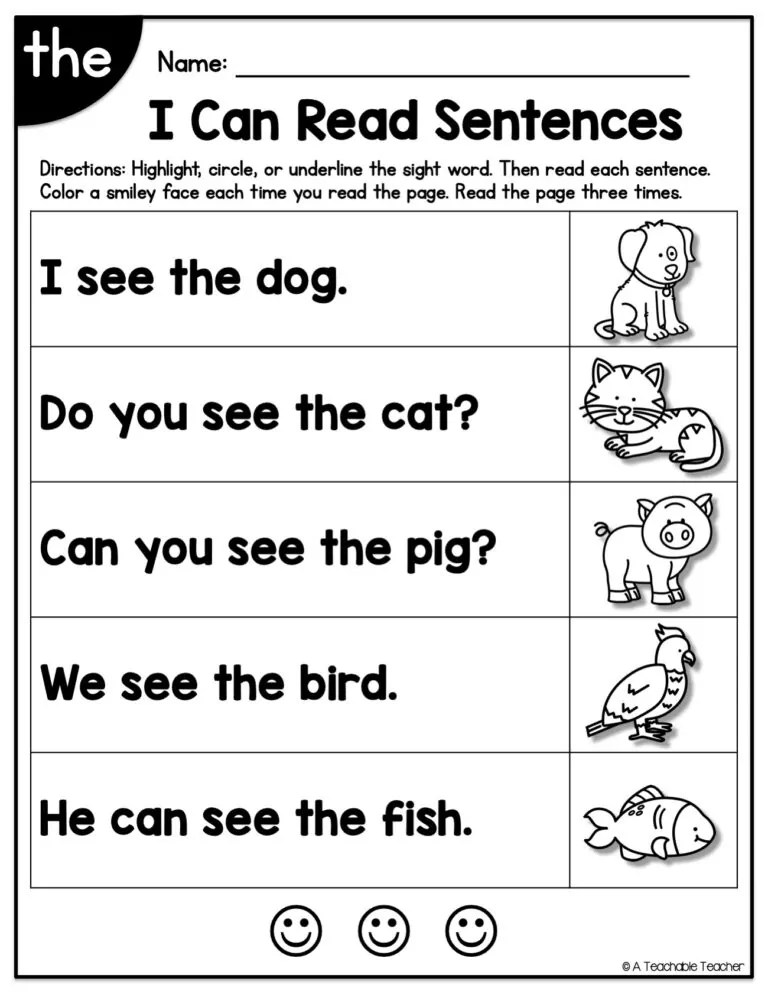
The wave is splashing. A boat is floating on the river. The fisherman is catching fish.
The intonation with which these sentences are pronounced is calm, narrative, and at the end their voice drops somewhat.
Definition
A sentence in which someone or something is reported is called a narrative sentence.
At the end of a declarative sentence, a final punctuation mark is placed.
Interrogative sentence
If we have a goal to learn about something, then we ask questions:
Who sings on the tree? What kind of bird is this?
Definition
A sentence containing a question is called an interrogative sentence.
These sentences are pronounced with a special interrogative intonation. The voice rises at the end of a sentence. An interrogative sentence ends with a question mark.
Incentive offer
With the help of sentences, we can encourage someone to act, as well as express our request, wish.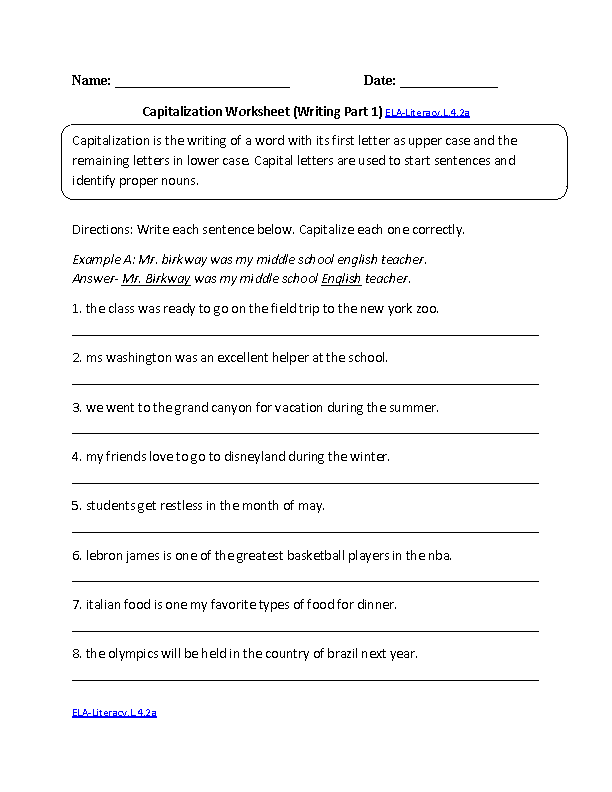
Call me tomorrow.
Pass me the book.
Sit down for a minute.
Definition
A sentence that advises to do something or encourages action is called an incentive.
Conclusion
So, according to the purpose of the statement, sentences can be declarative, interrogative and incentive.
Exclamatory and non-exclamatory sentences
Sentences differ not only in the purpose of the statement, but also in intonation. Some sentences are pronounced calmly, without showing any special emotions. These are non-exclamatory offers.
And some sentences express a strong feeling and are pronounced with a special intonation.
How beautiful daisies bloom!
How many butterflies are there!
It's snowing!
Definition
A sentence that is pronounced with strong feeling is called an exclamation.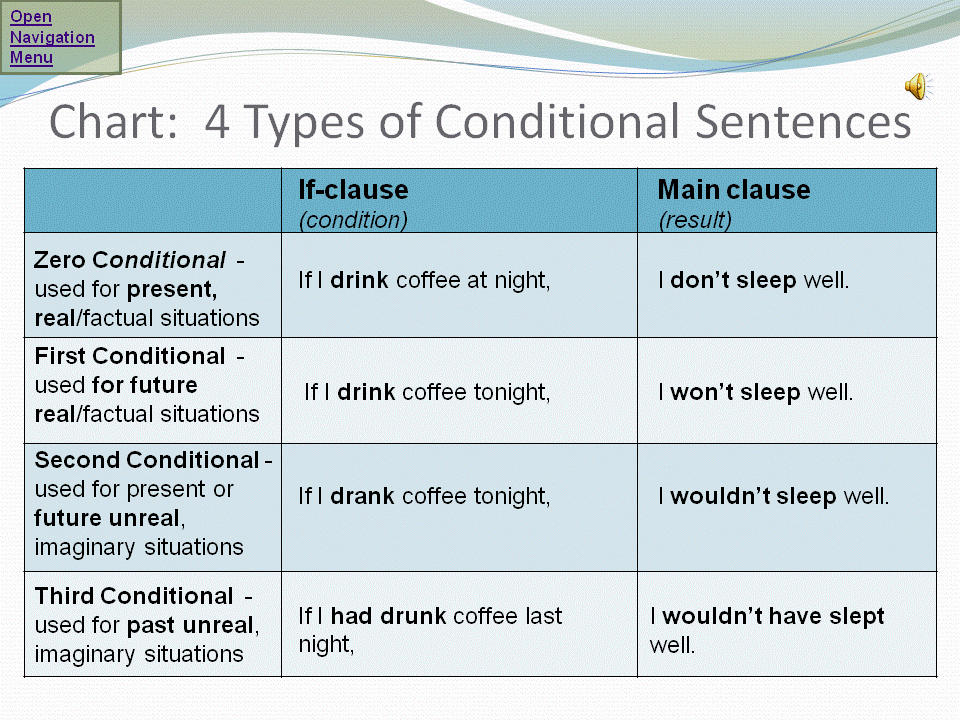
An exclamation mark is placed at the end of such a sentence.
The main members of the proposal
The proposal has the main members that form its basis. Each sentence tells who or what it is about.
(Who?) The girl will sing a song.
(What?) A cloud floats across the sky.
The word denoting the person or thing referred to in the sentence is the main member of the sentence. This is the subject.
Definition
The subject is the main member of a sentence that indicates who or what the sentence is about. The subject answers the questions who? what?
The sentence must have a second main member, which indicates what action the subject performs. This is the predicate.
The girl (what will she do?) will sing a song.
A cloud (what is it doing?) floats across the sky.
Definition
The predicate is the main member of the sentence, which indicates that the subject is being said and answers questions what does it do? what will he do? what have you been doing? What did you do?
Subject and predicate form the grammatical basis of a sentence.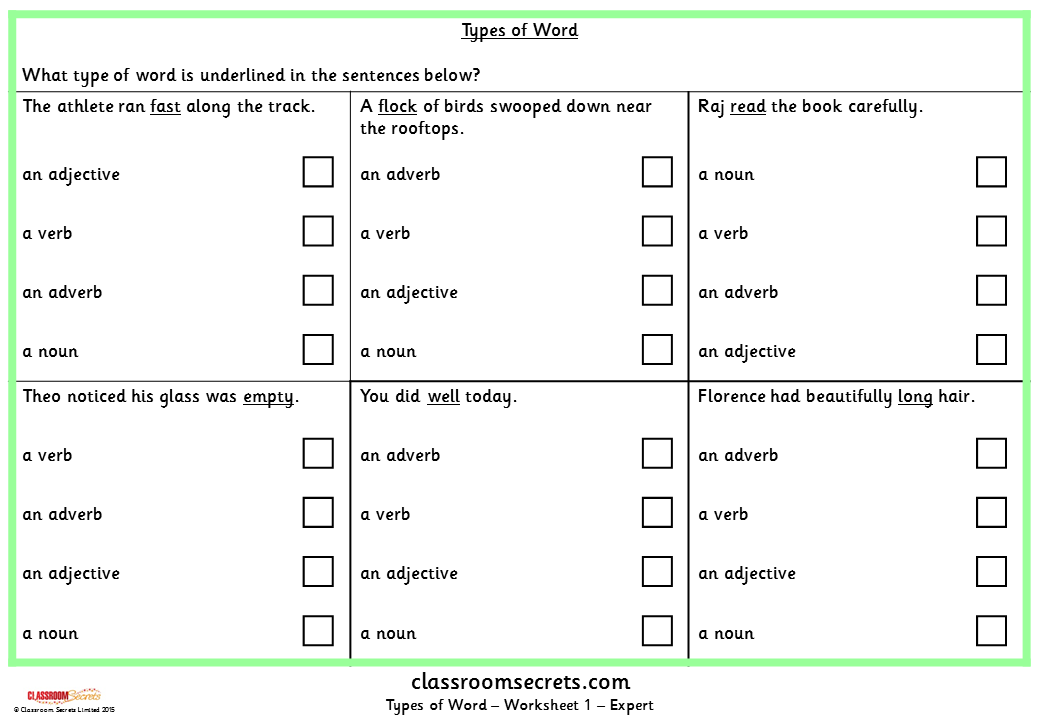
Common and non-common sentence
The subject and predicate are the main members of the sentence, which are the grammatical and semantic center of the sentence. Other members of the proposal are minor.
Subject and predicate can express a complete thought independently.
Winter has come. Snow. Children are happy.
These sentences contain only the main members of the sentence. Such a proposal is not common.
Definition
A sentence in which there are only main members of the sentence is called non-extended .
In a sentence, in addition to the main members, there may be minor members that explain the subject or predicate or another minor member.
Compare:
The snowy winter has finally arrived. White fluffy snow fell. All children are happy about winter.
Definition
A sentence in which, in addition to the main ones, there are secondary members of the sentence, is called common .